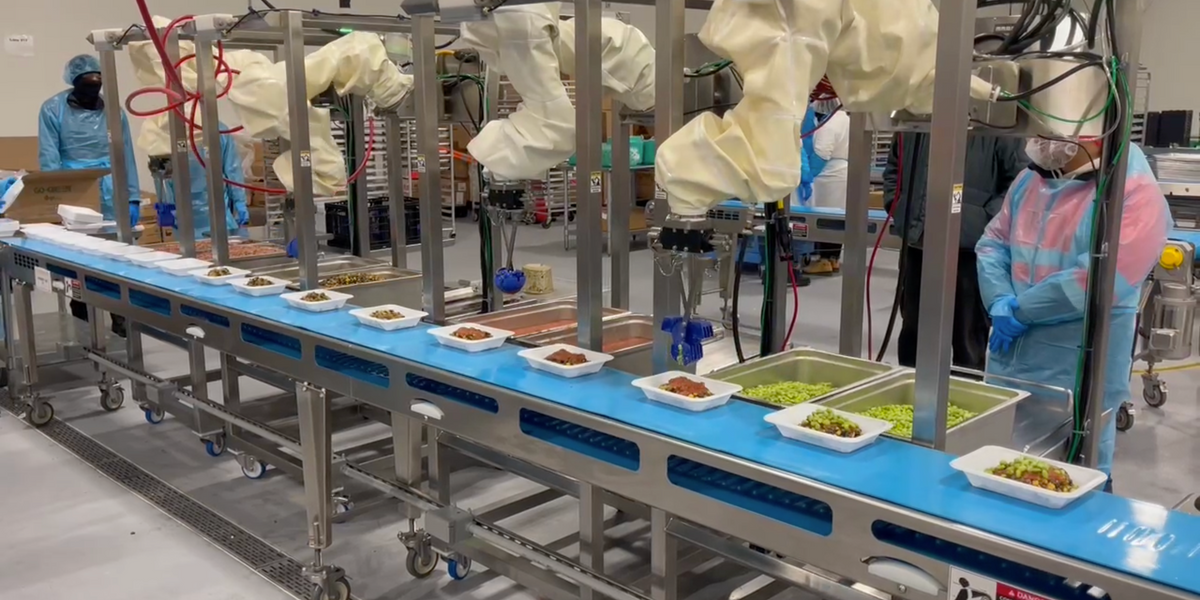That’s pretty much how the Russian economy works right now, in a nut shell. To stop emigration caused by the expensive war, they’re giving away a ton of expensive handouts.
The interest rate is at 19% and counting. Very cool, very sustainable. I have a feeling “the last laugh” will be yours, OP, even if they win in Ukraine.



















Weird they focused on just these three. There’s tons of other competing battery technologies out there, as well as non-chemical grid storage.
As we move towards renewables, which grid storage technology is best and how low you can get the cost really is the trillion-dollar question.